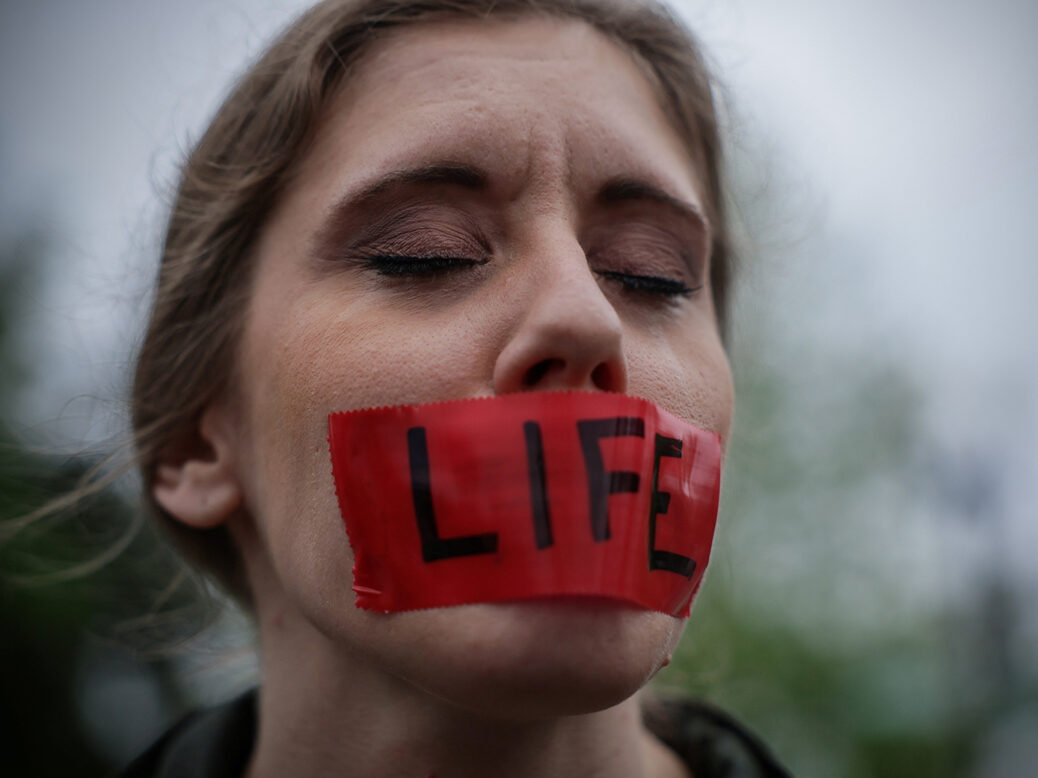
It’s famously difficult to convince the public to take action against threats to their civil liberties. Even potentially catastrophic issues, such as climate change, often fail to inspire a real change in habits among a critical mass of people. One of the clearest examples is data privacy. Following the rise of Big Tech and the Cambridge Analytica scandal, most people say they are concerned about their personal data being misused, but not enough to do something about it.
It’s easy to see why data privacy fails to fully hold the public’s attention: it’s complex and boring; it’s largely invisible and its effects are rarely physically felt. Many people believe these concerns are valid, but that they largely aren’t applicable to themselves personally. Who cares if companies know what you like to buy, the fastest commute to your workplace, or the memes you send to your friends and family? The macro effects are understood but the micro effects don’t feel relevant to individuals.
Activists and tech watchdogs are worried that this is how people will react to potential threats to women’s data usage if the US Supreme Court does indeed overturn Roe vs Wade, the landmark ruling from 1973 that legalised abortion nationwide. As half the country faces the possible end of many of their reproductive rights, there is little understanding about how their personal data could be used as criminal evidence if they were to try to end a pregnancy — from texts to emails to apps.
Information from organisations such as the Digital Defense Fund and the Electronic Frontier Foundation explains that there are several avenues by which data could be collected and used to prove that someone sought a termination, were abortions to become illegal. (These organisations offer comprehensive guidance about how to protect your data.) These avenues include any written communications discussing getting an abortion, location tracking apps that could show a user had been to an abortion clinic, internet search history and even period-tracking apps.
Many women use these apps to track their menstruation to predict their next period or ovulation window. Some of them also ask users to record libido, when they have had sex and whether that sex was unprotected. Several of these apps, such as one of the biggest in the world, Flo, have been found to report users’ health data to Big Tech firms. This data could be handed over to law enforcement, or used as evidence in a criminal trial.
This is an especially great concern given potential new legislation. Many states are sure to outlaw abortion, or institute “bounty hunter” rules like the ones in Texas, which also criminalise anyone who aids or abets an abortion that occurs after the legal limit (in Texas, around six weeks into a pregnancy). This would include friends who were told about an abortion, doctors and nurses working at a clinic, or even taxi drivers escorting a patient to their procedure, all of whom would need to keep their data private to avoid prosecution.
The onus should of course be on companies to limit how much of the data they collect is shipped out to third parties. But moments like this show just how sinister the powers possessed by tech companies really are, and emphasise that our concerns about data privacy are alarmingly urgent. Awareness and education are useful tools, but recent history shows that, under current standards, they only go so far.
[See also: Roe vs Wade: What to write when your country takes away your rights?]





